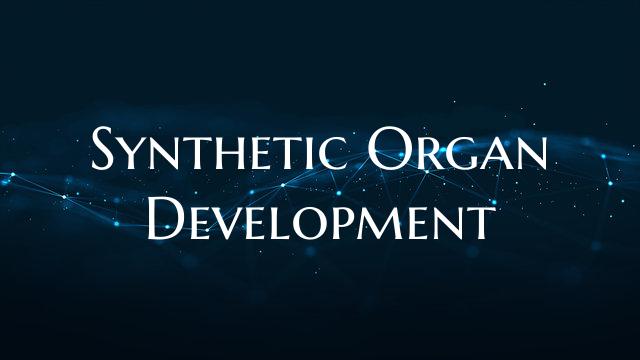Synthetic Organ Development
Synthetic Organ Development: Pioneering Innovations in Healthcare
In today's rapidly advancing medical landscape, the concept of synthetic organ development stands out as a cutting-edge field offering immense possibilities for revolutionizing healthcare. With the growing demand for organ transplants far surpassing the availability of donor organs, scientists and researchers have turned their attention towards developing synthetic organs as a potential solution to address this critical gap.
At the forefront of this innovative technology are bioengineers and biotechnologists who are harnessing the power of advanced materials, 3D printing, and regenerative medicine to create artificial organs that closely mimic the structure and function of natural organs. By leveraging a combination of biological scaffolds, stem cells, and tissue engineering techniques, these specialists are paving the way for a new era in personalized medicine and organ replacement therapies.
One of the key advantages of synthetic organ development lies in its potential to eliminate the need for organ donors, thereby reducing transplant waiting times and improving patient outcomes. Moreover, these artificial organs can be customized to suit individual patient requirements, minimizing the risk of rejection and enhancing long-term compatibility.
The implications of synthetic organ development extend beyond transplant procedures, with the potential to impact various fields such as drug testing, disease modeling, and personalized medicine. By creating functional replicas of human organs, researchers can gain valuable insights into the underlying mechanisms of disease and develop more effective treatment strategies.
While the field of synthetic organ development holds great promise, significant challenges remain, including ensuring the long-term viability and functionality of artificial organs, as well as addressing ethical considerations surrounding their use. As researchers continue to push the boundaries of biotechnology, interdisciplinary collaboration and ongoing scientific innovation will be essential in unlocking the full potential of synthetic organ development.
In conclusion, synthetic organ development represents a groundbreaking advancement in healthcare technology, offering new possibilities for improving patient care, advancing medical research, and reshaping the future of organ transplantation. As this field continues to evolve, the transformative impact of synthetic organs on the healthcare landscape is poised to revolutionize the way we approach treatment and disease management.

